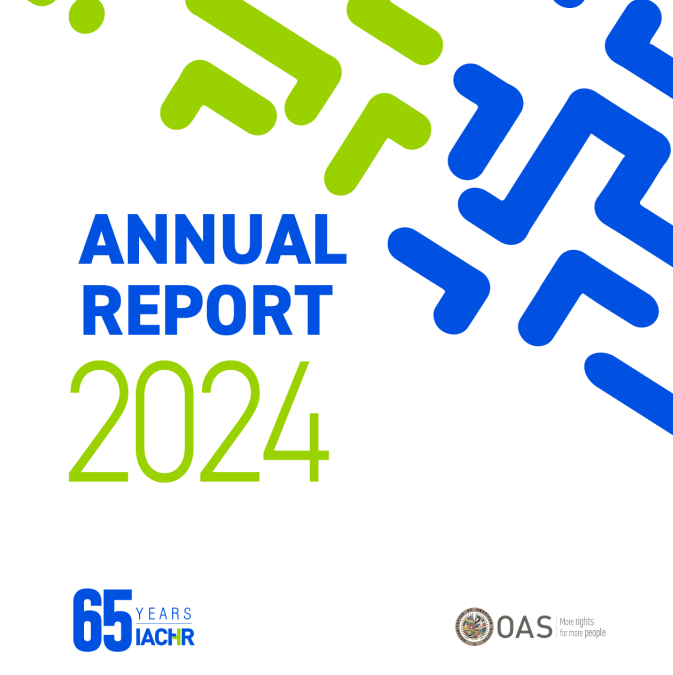Optio Celebrates Mexico’s Supreme Court Decision to Decriminalize Abortion
‘Women are not instruments of procreation’ – Mexico’s Supreme Court of Justice.
On September 7, 2021, the Supreme Court of Justice of the Nation (SCJN) in Mexico ruled that it is unconstitutional to sanction a woman with a criminal punishment if she voluntarily decides to end her pregnancy. At Optio, we celebrate this decision because it advances the understanding of women’s reproductive autonomy and sets an important precedent worldwide regarding women’s right to choose.
Why it matters: According to GIRE, at least 850 women have been criminally charged and over 200 imprisoned across Mexico over the past two decades. The Court analyzed the abortion decisions of the United States, Germany, Spain, Italy, South Africa, and Colombia to understand different views and arguments and to balance different methods, approximations, and consequences of those decisions. The Court concluded that the penal code that criminalized self-induced abortion or consented to abortion unnecessarily and disproportionately limited the fundamental right of women to choose. The court’s recognition of people with the capacity of becoming pregnant, including transgender people, was particularly important for setting a standard that includes the rights of all people.
We selected 10 highlights from the Supreme Court decision to share with you. As part of the Court’s decision, The SCJN established;
- Their obligation to review the case using a gender perspective. This is particularly important because it reinforces the gender perspective as a tool for equality.
- Human dignity for women is based on the central idea that “a woman can decide with freedom about her body, can autonomously construct her identity and destiny, without impositions or transgressions.”
- Autonomy and privacy rights and concepts are associated with the personal realization of every woman.
- The protection of the nasciturus starts at the moment of birth. Moreover, it concludes that the prenatal period is protected by the law and that it’s a woman’s right to exercise reproductive autonomy and decide when she chooses maternity as a plan of life.
- The government can not use State control to limit, restrict, condemn, or inhibit individual liberties based on personal beliefs. The country cannot adopt an official church and must be respectful of all religions and ethical beliefs of each person.
- Reproductive autonomy and access to health services are included within the right to health, just like the decision to become or not become a mother.
As part of the Court’s decision, The SCJN recognized;
- Women’s exclusive and fundamental right to self-determination of maternity. This is the most important part of the Judgment because, through this statement, the Court created a standard that will protect women’s right to self-determination.
- “Maternity requires willingness”, rejecting “the notion that women must be protected from taking some decisions about their own project of life, sexual or reproductive health”. This notion implied a belief that women are not rational, individual, and autonomous.
IACHR Report Highlights Urgent Sexual and Reproductive Rights Issues in Latin America
The Inter-American Commission on Human Rights’ latest Annual Report highlights key human rights trends and challenges across Latin America—two of which Optio is actively working to address: access to contraception and media harassment of women and girls accused of...
“Entre mis Cicatrices” Exhibition Highlights Plight of Honduran Women in Restrictive Legal Environment
On February 27, 2025, the Museum for National Identity (MIN) and Optio inaugurated the powerful photography exhibition “Entre mis Cicatrices” , shedding light on the resilience of Honduran women who have faced criminalization following obstetric emergencies. The...
Optio Donates Emergency Contraception to the Honduran Ministry of Health on International Human Rights Day
In commemoration of International Human Rights Day, Optio reaffirmed its commitment to advancing sexual and reproductive rights in Honduras by donating 10,000 tablets of Postpil (emergency contraception) to the Honduran Ministry of Health. The donation will be...



